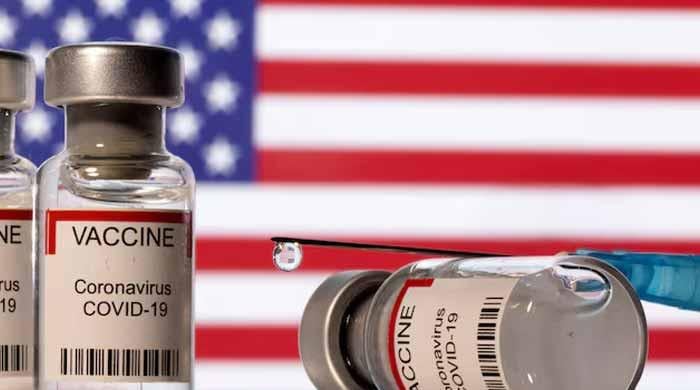Exercise rivals drugs for stroke, heart disease treatment
PARIS: Exercise may be at least as effective as some drugs in reducing the risk of death in stroke patients or people with heart disease, a study published on Wednesday said.Researchers from the...
October 02, 2013
Researchers from the London School of Economics, Harvard Medical School and Stanford University School of Medicine compared the findings of several studies into the effectiveness of exercise versus drugs in people with coronary heart disease, stroke patients, people with prediabetes and those with heart failure.
They analysed the results of 305 randomised controlled trials involving 339,274 individuals.
The data trawl "found no statistically detectable differences" between exercise and drug treatment in reducing mortality for people with coronary heart disease or prediabetes symptoms, according to a statement released by the British Medical Journal (BMJ), which published the study online.
In stroke patients, the team found that exercise was more effective than drugs, while medicine worked better at treating heart failure.
The team urged more trials to back up their findings, given the current dearth of information on the topic.
While exercise is a key factor for better health and long life, most research focused on drugs instead.
Medical research, said the team, "seems to increasingly favour drug interventions over strategies to modify lifestyle.
"The current body of medical literature largely constricts clinicians to drug options", rather than prescribing exercise in cases where this may be a more effective treatment.
Until more is known, exercise "should be considered as a viable alternative to, or alongside, drug therapy", the team wrote.
The World Health Organisation (WHO) says physical inactivity is the fourth-leading risk factor for global mortality, causing an estimated 3.2 million deaths globally each year.









